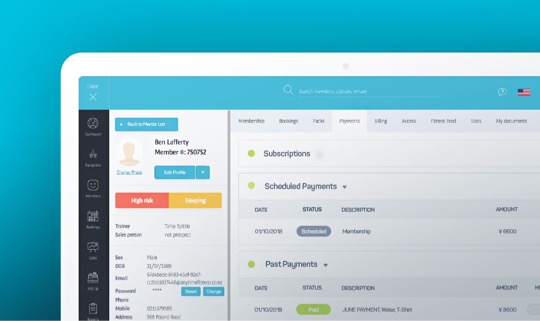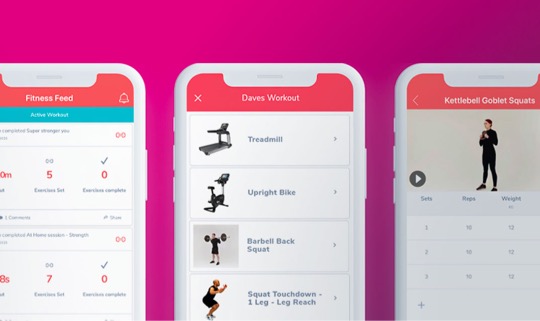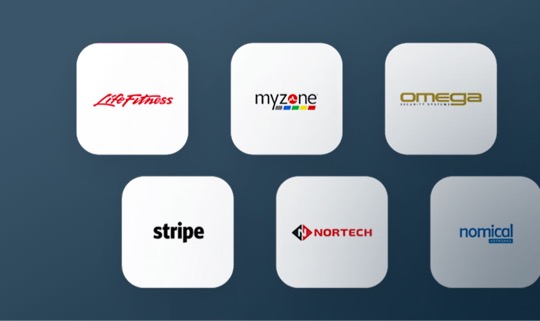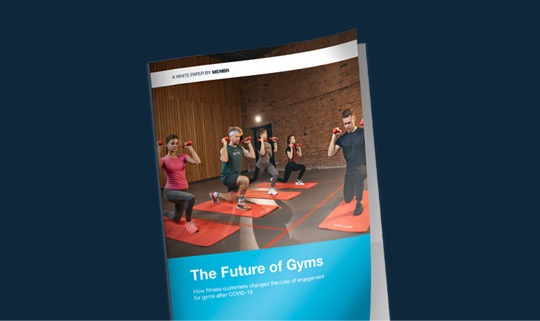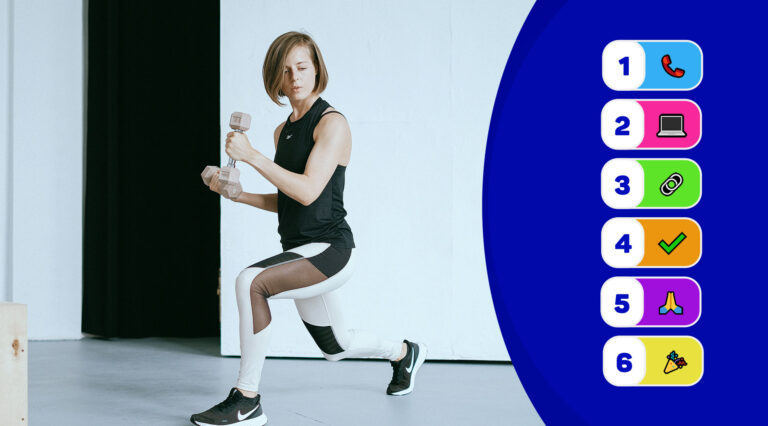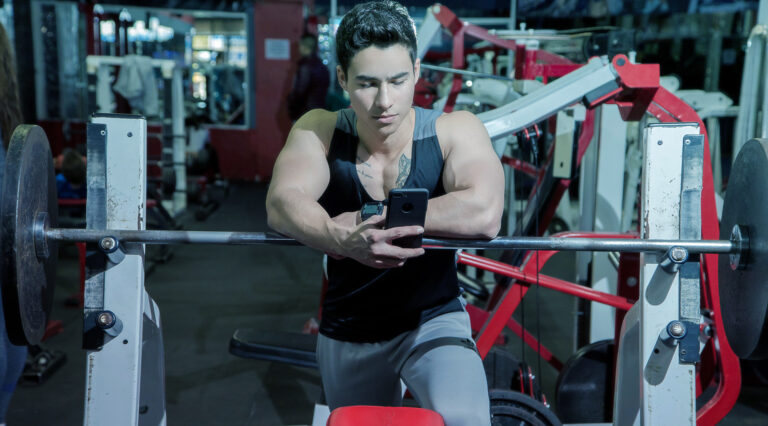We all know that fitness tracking technology has absolutely boomed of late, but I want to share with you just how dominant fitness tracking technology has become.
Did you know that as many as 82% of recreational athletes use fitness tracking technology today?
This includes smartphone apps, fitness tracking devices, GPS watches, and heart rate monitors. This data from Tata Consultancy Services, TCS comes as a result of a survey performed with 2,000 UK recreational athletes in March 2016.
The survey also found that 62% of athletes said they use two or more fitness tracking devices.
The most popular fitness tracking technology seemed to be running apps as 44% of respondents said they use these, followed by 37% of respondents using wearable fitness trackers, and 18% using smartwatches.
Nearly 93% of respondents said using fitness tracking tools led to a change in their health behaviour.
Three quarters of respondents said since they started using a fitness tracker, they began exercising more. This is likely due to a greater level of awareness regarding exercising levels.
Within this group of active fitness participants, 10% said they exercise twice as often and 25% said they exercise at least one more time per week.
Fitness tracking devices can raise the overall health awareness and activity levels.
Check out the following survey results:
- 40% of users said since they started using a fitness tracking device, they take the stairs more often instead of a lift or escalator.
- Another result found that 41% of respondents said they walk when they can, instead of driving or taking public transport.
These are both small changes to having a more active lifestyle, but if these fitness tracking devices can help us to raise our awareness levels to perform more exercise, then it is surely only going to have a positive effect on the health and fitness of todays population.
During the survey, respondents were asked about what kinds of additional features they want from their fitness tracking tools.
40% of athletes who use fitness apps said they want devices to provide them with more personalised health data, such as suggesting nutritional advice based on performance.
Fitness tracking devices have come a long way over the past few years. With the increased media and marketing surrounding smart devices, we are now finally starting to take advantage of these fitness aids.
Whether it’s to raise awareness of basic activity levels (such as climbing the stairs instead of the taking the lift), or monitor heart rate levels during training for more elite athletes, these fitness tracking devices will continue to help us to produce positive health and fitness results.
If you aren’t already on the bandwagon, they are definitely worth having a look at… I know it’s about time I get myself one!
